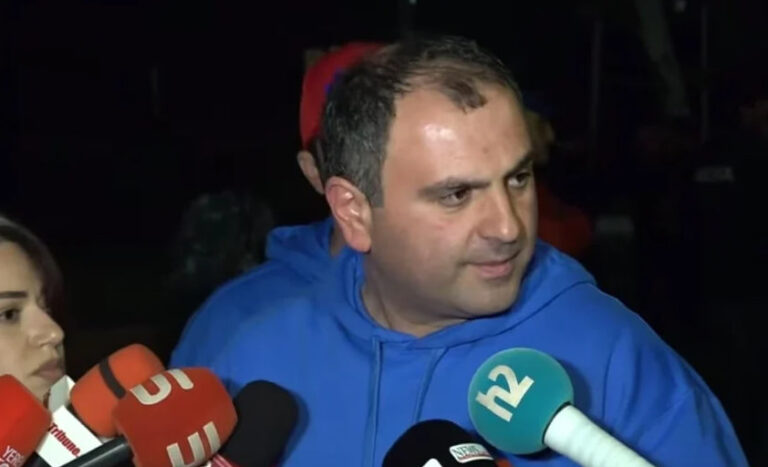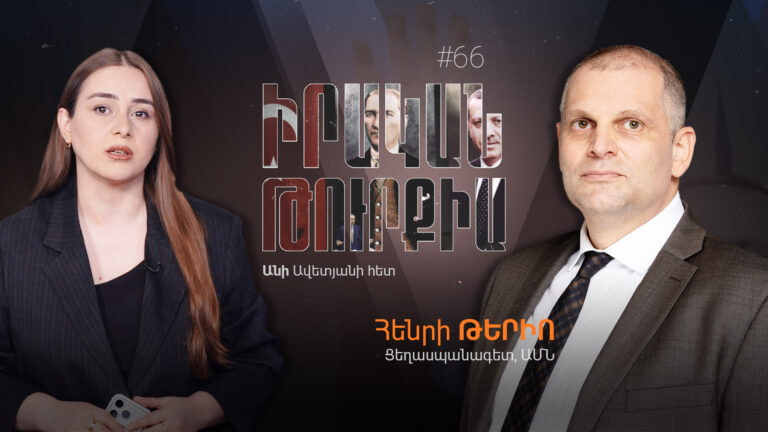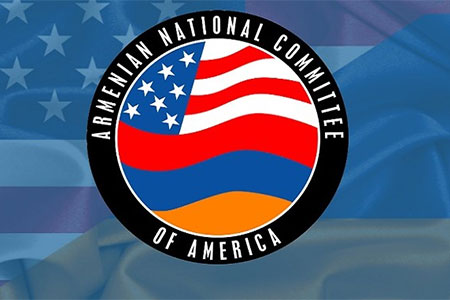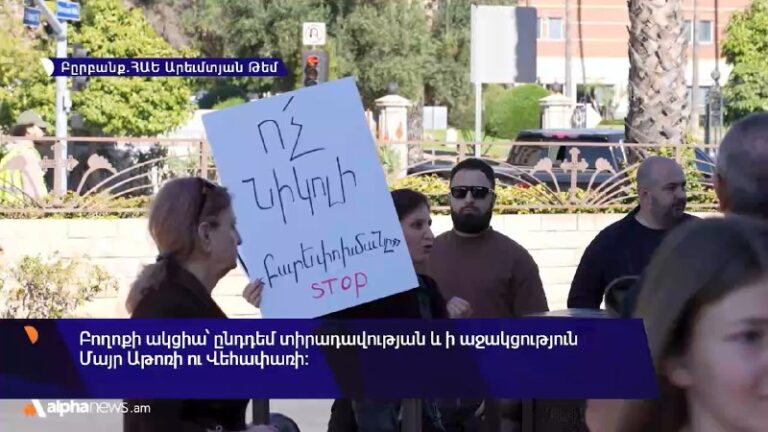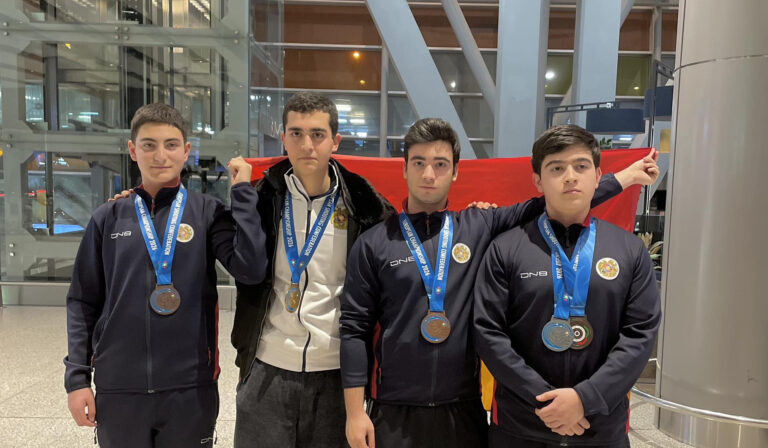‘I told my son: If there is an incident near the Hakari bridge, don’t protect me’ | Artsakh forced exodus #36
December 15 2023, 15:00
After being forcibly displaced from Artsakh, Norayr Musayelyan, who was Minister and later Deputy Minister of Agriculture, still has no job. The former official settled in Jrahovit village in the Ararat region with his family, mother, and three brothers.
“My comrade in arms brought me to Jrahovit. Neighbors, village residents, and my friends from Armenia helped us as much as they could. We have a problem finding a job. For more than 20 years, I have been working in agriculture, and it is natural that I cannot imagine myself in another field. But if I realize that I cannot work by my profession, I will have to switch to another job. We are also thinking about leaving the country,” Norayr Musayelyan tells Alpha News.
The former official was forced to leave Artsakh. Norayr Musayelyan tells about the war unleashed by Azerbaijan on September 19 and the situation in Artsakh after the ceasefire, which led to the forced exodus of Artsakh Armenians.
“On September 19, when the shelling started, I was at work. We urged the workers to hide in basements. There was no hope; communications were interrupted, and shelling was visible in the direction of air defense systems around Stepanakert. Our house was on the road leading to Shushi. I went to pick up my wife from her workplace, and we went home. I gathered the men, thinking that they would announce a draft. Then I went to one of my combat friends and asked if we should go with the boys to defend Taghavard or my son, who was serving in the Defense Army. My friend urged me to wait. The situation developed in such a short time that we already heard about the closure of the roads. Shortly after, the Azerbaijanis reached Dashushen village near Stepanakert; they were deployed under the cross. Then I heard that my brother was injured during heavy fighting in Martakert.
We kept hearing that the war would end in a few hours, but it continued. There were people spreading panic; we were trying to find a reliable source, but we couldn’t. Then we heard that the road leading to the Krkjan district of Stepanakert was closed; residents were not allowed to enter because there were already Azerbaijanis there. Then the forced exodus started. I was told that residents needed to be evacuated before January 1st. We had heard various reports that the Lachin Corridor would be open for a few days and then closed, and that only a certain number of people could go. We heard conflicting reports, and no protective measures were organized by the state. Artsakh was disarmed. We understood that we should be displaced.
I considered it shameful to leave because we needed to help injured people and we also had missing citizens. I had not heard from my son; I only heard from him on September 25. He served in intelligence units, and he did not come until the last soldier was sent to their homes. And when he came, people were already leaving,” says Norayr Musayelyan.
His sons volunteered to help doctors after the blast at the gas station in Haykazov on September 25. The next day, Norayr Musayelyan and his relatives were also forced to leave Artsakh. The former official feared that he would not be allowed to cross the Hakari Bridge because he participated in the 44-day war in 2020, in particular the heroic battles of Taghavard. There are videos on the Internet showing how Musayelyan is fighting against the enemy.
“I told my youngest son: If there is an incident near the Hakari bridge, don’t try to protect me. They stopped my car for an examination at the Hakari bridge. They did not say anything. We got into the car and drove to Armenia,” says Musayelyan.

